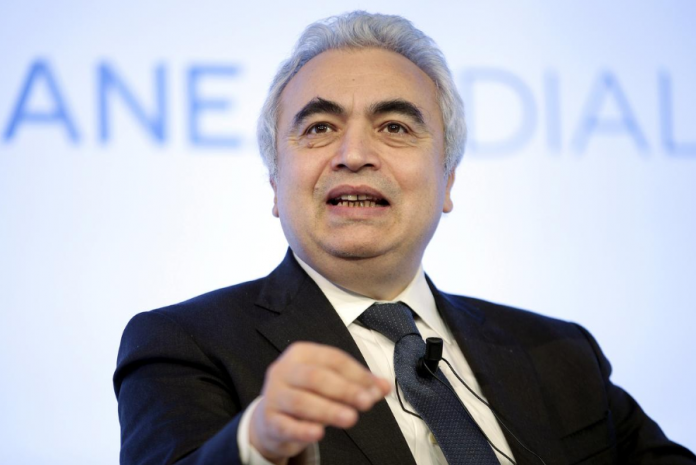
LONDON/BRUSSELS – Fatih Birol, the head of the International Energy Agency (IEA), faced renewed pressure on Monday from investors and scientists concerned about climate change to overhaul the agency’s projections for fossil fuel demand.
Pension funds, insurers and large companies were among 65 signatories of a joint letter to Birol urging him to do more to support the implementation of the 2015 Paris Agreement to avert catastrophic global warming.
“The year 2020 marks a turning point for the world – the year when we either grasp the challenges and opportunities before us, or continue delaying and obstructing the low-carbon transformation,” the letter said.
The letter represented the first coordinated response by investors, scientists and campaigners pushing Birol to rethink the Paris-based organization’s flagship annual outlook since the latest edition was launched on Nov. 13.
Known as the World Energy Outlook, the document, which runs to hundreds of pages, helps shape expectations in financial markets over how quickly the world could transition from a fossil fuel-dominated energy system to cleaner sources of power.
Since the start of this year, various networks of institutional investors, asset owners, scientists and climate advocacy groups have been urging Birol to change the way the report is produced and presented.
These critics argue that a revised approach could unlock faster investment in renewables and better identify possible risks to the value of oil, gas and coal companies posed by the prospect of rapid action to cut greenhouse gas emissions.
The IEA made several changes to the last edition of the outlook, including providing what officials describe as a more “stringent” scenario showing how the world could fully achieve the goals of the Paris agreement than in the previous edition.
On Monday, Birol said on the sidelines of a panel discussion in Brussels that his organization welcomed feedback.
“We have received several comments and letters from around the world and we are very, very happy about that,” Birol said. “It brings more responsibility to the IEA as we shape the global energy debate. (Reuters)







